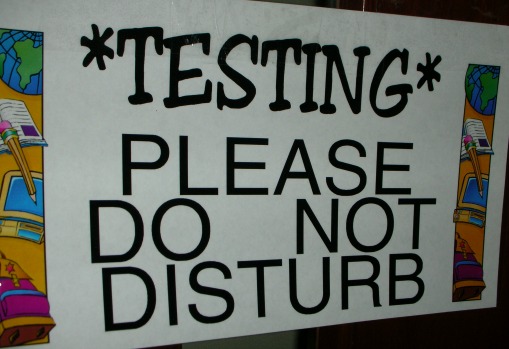|
|
Effective Time Management
Strategies and Your Direction
To start developing effective time management strategies, you should look first on how much time is really available to you.
You must have a good understanding on how much is that amount of time worth. Every week, each person usually has 168 hours to use.
If you’re like most individuals using some time that is required for:
- Rest and sleep
- Grooming and personal hygiene
- Time for eating meals and snacks
- Travels and other personal necessities
You will have 90 hours for the week that you can distribute between your work and leisure. Depending on the way you do things and spend this amount of time, this 90-hour window determines the difference between your planning and control or efficiency and production.
Working on personal time management strategies can improve the way you utilize this valuable time period.
In The Business World
In the world of business, the usual "language" is wise use of time and personal productivity. Time is usually translated into dollars as long as a person remains competitive.
Effective time management strategies are about recognizing how much worth is your time. Usually, your 90-hour window for the week is divided between your work and personal time. The success and failure of your time management rely very much on these.
When your work time is mixed with your personal time or vice-versa, negative things will start to happen. These two can’t really be mixed or else your body will interpret leisure time mixed with work as "work" and work mixed with leisure will still be interpreted as "work."
That will make you exhausted and very stressed. In the worst case, it will weaken your body functions which can make you vulnerable to sickness.
Blocks for Effective Time Management Strategies
Learn to assign blocks for each set of time that is your work and leisure, strive to work it out until you develop the habit. This is what effective time management strategies are all about.
You’ll be more productive, healthy and successful rather than just allowing yourself to "take it easy" with your time and do things anytime you wish to do something.
Schedules are usually unavoidable like your time for sleep and eating.
From your 168 hours each week, the most important period for personal time management strategies is usually around 40 hours which is your working hours for 5 days. If you can handle this very well, then you can handle most of the other things easily.
The principle of effective time management is simple. Learn to create a plan and truly work on it. You need to prioritize tasks and put them in order. Learn how to say no when your plan is being affected much by other people or other tasks.
Aside from that, you and your plan should be flexible enough because events and circumstances in life can be very unpredictable. You must be ready to adjust plans if needed. This is significant for personal time management strategies.
You should avoid "time stealers" that are usually temptations to postpone or interrupt your work plan.
All of these are about dedicating hours of your task activities and setting aside time so that your body can recognize "which times are for rest" and "which times are for work."
Effective time management strategies should be able to put your activities in their right places, separating work and leisure. Both are important and should be given respect and importance.
Schedules as time management tools can help you organize your time in order to make the most out of it as long as you’ll do your best to follow your schedule plan.
Go from Effective Time Management Strategies to Effective Time Management Courses













